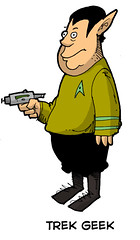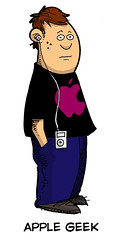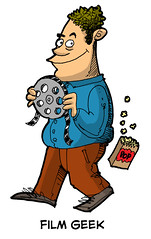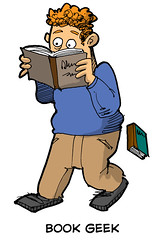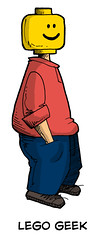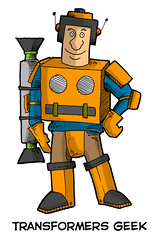I’ve not read either of Chris Paolini‘s young-adult fantasy books, Eragon or Eldest (presumably there will be a third at some point, as these are billed as being part of the ‘Inheritance Trilogy’), but I saw a trailer for a movie adaptation of the first book, to be released this Christmas season.
A couple things caught my eye in this trailer: firstly, both Jeremy Irons and John Malkovich star. So far, we’re off to a good start.
The third, though, was a decidedly unusual (in my experience) take on dragon’s wings. In general, dragon wings are presented as structurally similar to a bat’s wings: a thin flesh webbing over a skeletal framework. If there’s any variation at all, its rarely in the wings themselves, but rather in the physiology of the beast itself, with the two most popular variations being either a six-limbed creature (forelegs, rear legs, and wings as a separate set of limbs, generally just behind the forelimbs) or a more bat-like four limbed creature (with the forward set of limbs doubling as both forelegs and wings).
| Six-limbed dragon |
Four-limbed dragon |
 |
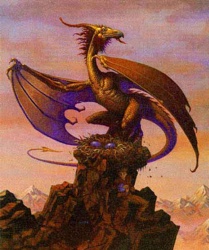 |
Personally, I’ve always been partial to the four-limbed variety as to my mind, even though we’re dealing with a fantastical creature, it feels more “accurate” for the universe we live in: I can’t think of any naturally occuring six-legged creatures outside of the insect realm; all mammals or reptiles I know of are zero-, two-, or four-limbed (and while it’s been years since I’ve had any sort of biology, I believe there is evidence that all such creatures are genetically four-limbed, and it’s just a matter of whether any of the limbs have evolved into not developing, as with snakes).
(As an aside — one of the strongest disappointments I had with the last Harry Potter film, Harry Potter and the Goblet of Fire, was the lack of any screentime for the Chinese Dragon during the first challenge in the TriWizard Tournament. While only Harry’s dragon got any ‘hero’ time, we at least saw the miniature versions of all the others, however they were all fairly traditional dragons. I was really looking forward to even a glimpse of a Chinese style dragon, but was sadly denied. Pity, that.)
The upcoming Eragon, while using the more common six-limbed physiology, uses wings of a type I’ve not seen before. Rather than the bat-wing style, they look very much like bird’s wings, complete with feather-like patterning…however, they still appear to be skinned, not feathered.
Under the cut are a few screengrabs I took from the trailer that illustrate the wing style:
Read more



